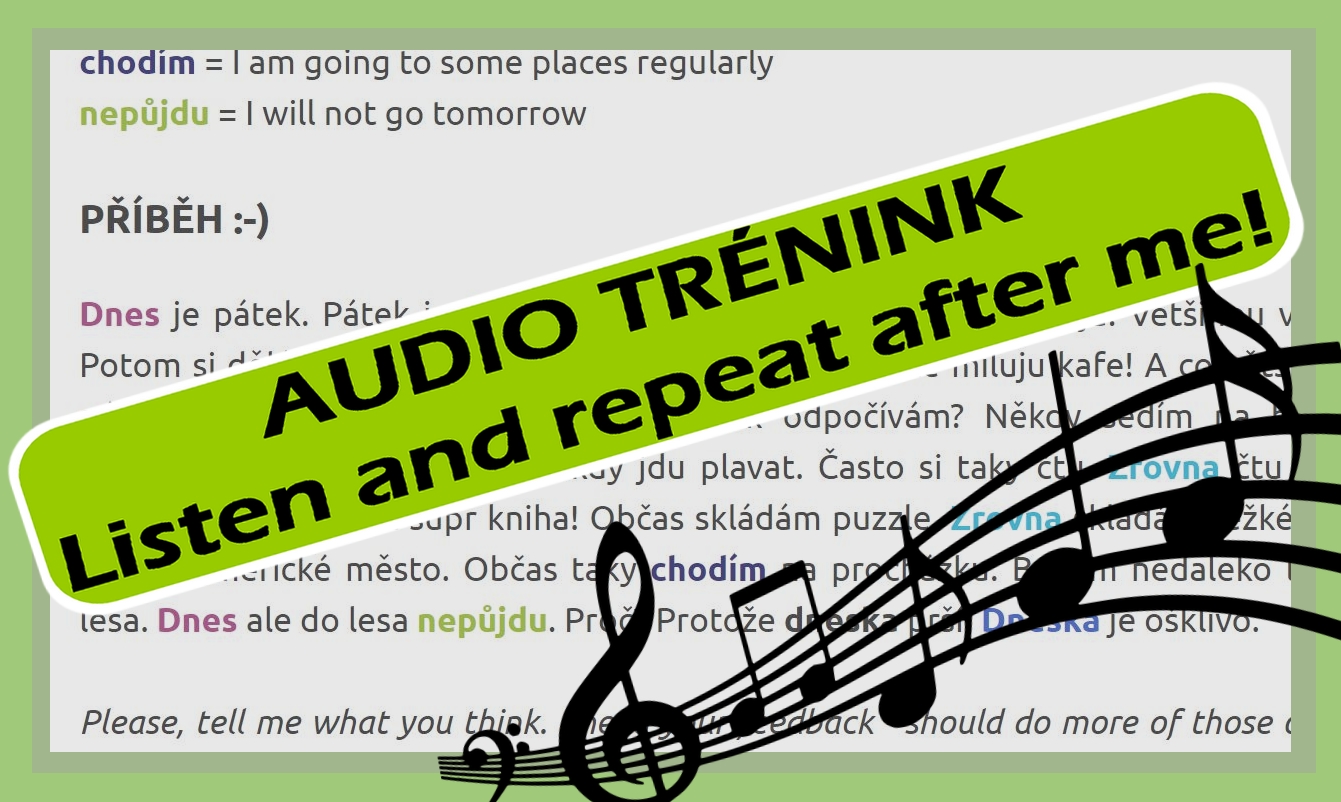
(163*) Low beginners: audio training in story (2): Stress in Czech
Podcast: Play in new window | Download (Duration: 13:00 — 12.7MB)
SUBSCRIBE to slowczech RSS
Ahoj, jak se máš? Jak to jde? Dobře? Já se mám dobře! 4 week ago I published a new way of learning for low beginners. And now, seeing that you sent me so many great feedbacks and comments and thanks, here we are for the 2nd audio training. If you have not heard the first one, check the episode number 159.
Today I would like to tell you where we put the stress in Czech. I am talking about it in the podcast epizose.
Každý den.
Každý den spím. (2 groups)
Každy den se dívám na Netflix. (3 groups)
Každy den se dívám na Netflix. (2 groups)
Now, you will hear explanation of some words from the story. Then, you will hear the story itself. At first, I will read the whole story. And then, I will read it again and make pauses so that you can repeat after me if you want to. Are you ready? Let’s go to the story.
SLOVÍČKA 🙂
chodím = I am going to some places regularly, every day, every month…
jdu = I go somewhere once, this one-off action or right now I go somewhere
často = often
většinou = usually, most of the time or “bigger” part of the time because větší means bigger
tak = asitak, cca, plus mínus (tak 2x za týden, tak 2x za rok)
chutná mi/chutnají mi = I like the taste of some food (of one piece of food / of many-plural-food)
málokdy = málo means a little, kdy means when, rarely, seldom, not so often
výborná polední meníčka = delicious menus servend at lunch time, at noon (polední), meníčka = menu
žádná hudba = no music
To se mi moc líbí. = I like it a lot. I like something visually, not related to the taste (which is Chutná mi). Líbí se mi + something. Líbí se mi Praha. I like Praha.
PŘÍBĚH 🙂
Rád chodíš do restaurace? A chodíš často do restaurace? Já ráda chodím do restaurace, ale nechodím tam moc často. Většinou na oběd s přáteli, tak dvakrát až třikrát za měsíc. Když jdu do restaurace, dám si něco dobrého. Moc mi chutná vegetariánské jídlo. Taky mi moc chutnají ryby. Nejradši mám tresku nebo lososa. Ale v Česku si dávám rybu málokdy. A k pití? Samozřejmě, že miluju víno. Jak červené, tak bílé. Mám jednu oblíbenou restauraci. Je v centru Brna a jmenuje se Spolek. Mají tam výborná polední meníčka. Ale hlavně tam nehraje žádná hudba. To se mi moc líbí.
I hope you enjoyed todays episode. I have a surprise for you. Soon I will release a new audio eBook with transcript, of course, where you can learn the Czech cases in stories – by listening and repeating + by answering the questions 🙂
And again, pleeease, if you like this way of learning, comment on slowczech.com in the episode transcript. It is a huge help for me, I need to hear that you like this type of content.
Krásný den, Eliška
Tag:audio training, eliska



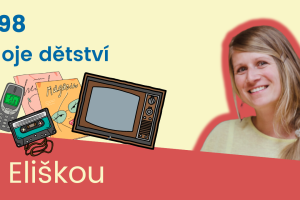

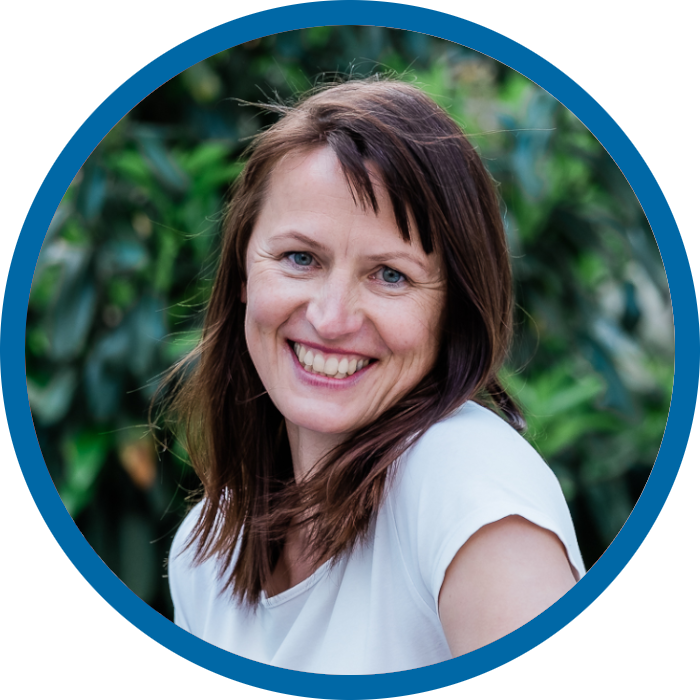







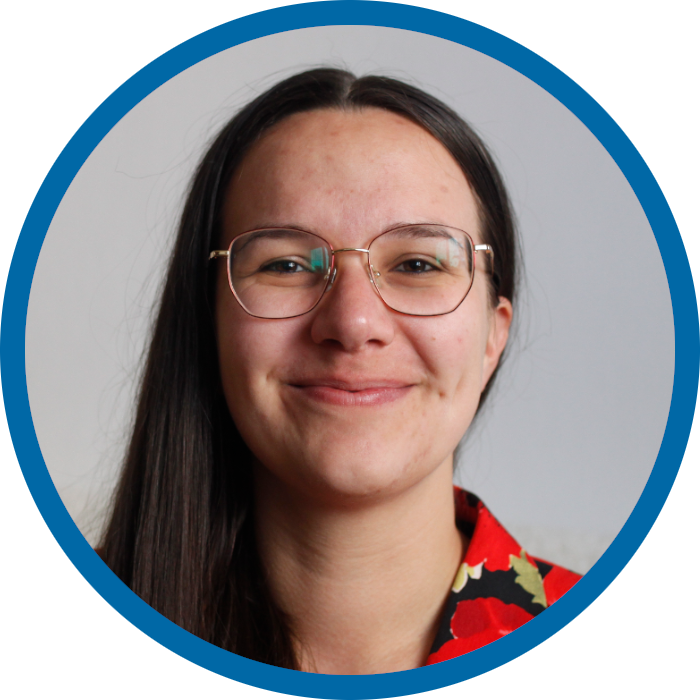


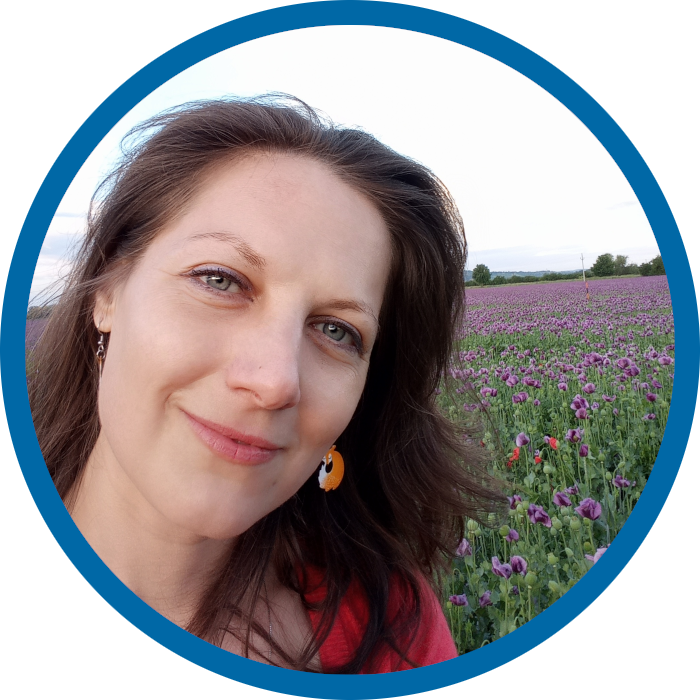






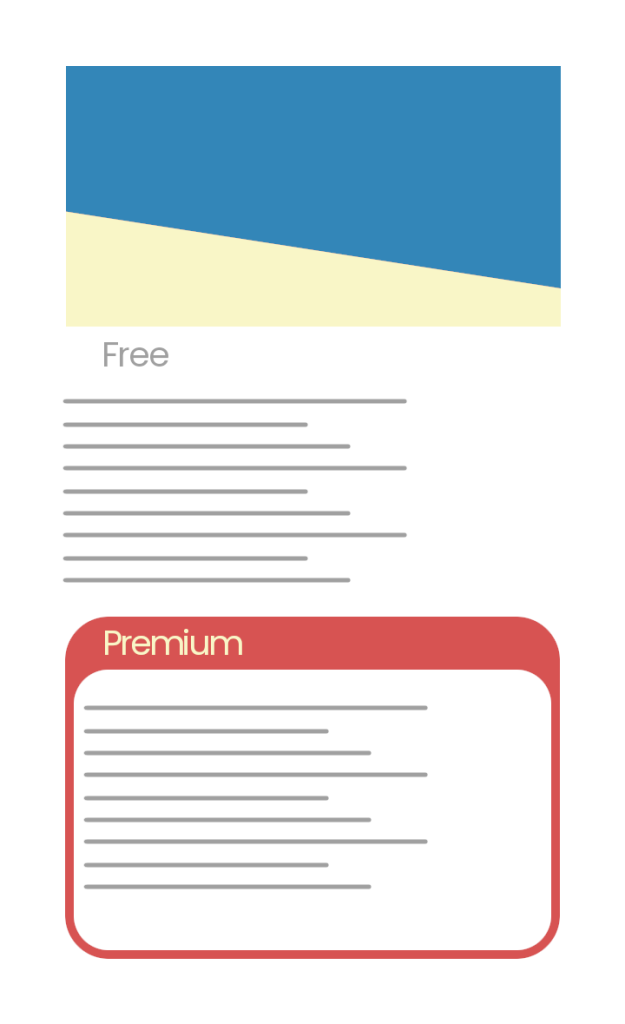
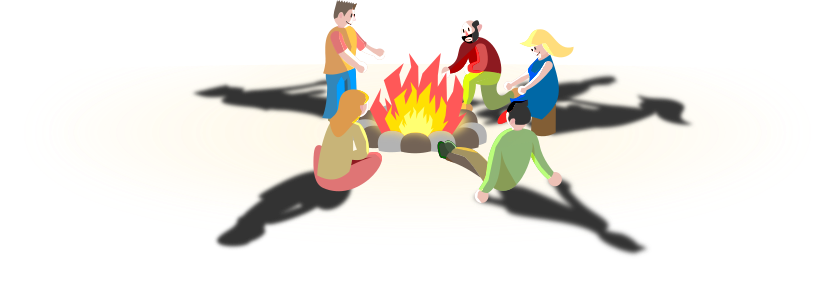
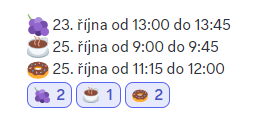

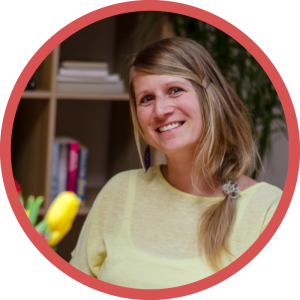
24 Comments
Hi Eliška, thank you again for all the content that you put out!
I really enjoyed this episode…for a couple reasons:
1) I never thought to “group” words/stress of czech words. It gave me more structure in understanding the pronunciations! I would love to see more examples of these groupings in another episode!
2) For a low beginner episode, I thought it was great that you, phrase-by-phrase, explained the story in english first. It allowed me to fully engage in this podcast and understand the story without having to use google translate the whole time.
3) Being able to repeat after you is an awesome way to practice the pronunciation!
Great episode. Looking forward to the ebook! Thank you!
Mako, thank you for your feedback, I realy appreciate it!
Very good points.
Its a good idea to just explain the whole story at first in English and not to bother with translating just some words.
I will try that out!
Díky, krásný víkend.
Ahoj Eliška,
Děkuju za epizodu. To se moc mi líbí.
Čau!
Díky, Joan, za komentář, jsem moc ráda, že se ti tato epizoda líbila!
Eliška, tato epizoda byla výborně! Moc, moc děkuju! That about the stress grouping is very complicated…best to learn it just ‘passively’…if you ‘think’ about it, you just go crazy!! The audio quality was also very good, so everything was very ‘clear to the ear’. I have a suggestion. Why don’t you have some kind of ‘summer school’, where people (your loyal fans, I mean’!) could come and spend a weekend or a week in, or somewhere near, Brno. My wife and I would be ‘all on’ for it! Most learners of Czech, I am sure, have the same experience as us…we just get ‘stuck’ and can’t make progress. But you make everything so clear, pronounce very clearly, explain so clearly, and set it all out so well, so I am sure that a weekend or week of ‘total immersion’ would be great, focused on ‘low beginner’ through to ‘advanced beginner’ level! Bude to super!!
Mark, thank you for your message. Of course, its better just to listen and naturally repeat after the native speakers. But most of the people forget about the pronunciation and focus on learning diretctly the words and speaking. And then, they end with B1 level and horrible pronunciation 😀 So sometimes, its good not to forget about the stress and melody of the language.
As to your “summer school” idea, I am actually preparing (well, started to think about it 😀 ) already some intensive classes in my new office in Brno center. I will do probably the last week of July, 3 hours a day MO-FR + lets see if the weekend follows, it might be sum up of our week mixed with picnic, visiting Brno surrounding + in Czech, of course, getting more comprehensible input and learning in another environment, because I believe we should change the environment to learn new things and with some experiences, we remember better. If you have ideas or some requirements what you would like to do, just write me, let me know, I will tailor the course 😉
Díky!
Hi Eliška
I like this way to practice whole phrases with appropriate case endings, but the pauses are too short for me to repeat the sentences…
Dear Mo,
thank you very much for your comment and your feedback, I am really happy it helps you to get the proper endings 🙂
I recorded my voice while repeating slowly the sentences in my head + adding some more time later on in my audio software. I will however ask other listeners if they have the same struggles. Otherwise, I suggest you to pause the audio if you need much more time. Even though its not comfortable, I know .
Eliška
I have a question – if you do the listening and repeating 3 to 5 times, is the last time the fastest and the most comfortable one? It should fit to the space that I left because the goal is that you speak naturally as I do even though I am still speaking slowly. So if your first attempt is not fast enough, it is great because it means there is some space for progress and you can work on it on your own 😉
Eliška
Hi Eliška
Díky za za epizodu.
Having a chance to repeat after you was useful. The pauses were perfect for me.
René, díky moc za pochvalu.
Jsem ráda, že pauzy byly perfektní a že se Ti tato epizoda líbila 🙂
Eliška
Ahoj Eliška, díky za tu epizodu! I also very much like the new approach with opportunities to practice phases and respond to prompts during the episodes. Great for those of us who don’t have many opportunities to practice speaking!
Dear Jason,
thank you so much for your feedback. I will do more of those!
🙂
Eliška
This was so amazing!! Your approach To Teaching language is phenomenal and This was no excepTion – I loved how you noT only wenT Through The sTory buT Took Time To go over The phrases and where They derive from and oTher ways To learn!
Katja, moc děkuji za tak krásný komentář!
I see the logic in the words and when I feel it can help learners to understand and remember the words better, I share it 🙂
Eliška
Hii! Thank you so much!
I’m not sure I got the point with the groups on this example:
Každy den se dívám na Netflix. (3 groups)
Každy den se dívám na Netflix. (2 groups)
on the latter, you choose not to put the accent on “dí”, even though its the beginning of the word? So, speakers have some freedom?
This episode was exactly what I was looking for to improve my pronunciation – shadowing 😉
Short stories are great too… so yeah, from my side, please do more content like this 😉
Díky moc!!!
Dear David,
so many thanks for your amazing feedback and compliments. It makes me happier today! 🙂
As you say, the speaker has a lot of freedom. Besides, when you speak slower, you put more accent naturally. And overall, the Czech language is very flexible when it comes to the word order, so why not in the accent part, too? 🙂
Dont hesitate to comment/write, if you have further questions,
I am happy to help!
Krásný víkend,
Eliška
To lekce se mi moc líbí. Budu stáhnout něho a slyšet kdyz dělám aerobic.
Ahoj Eliško! Děkuji moc za podcast. Zdravy z Argentiny. Hynek
Hynek,
děkuju moc za skvělý komentář!
Jsem moc ráda, že se ti tato epizoda líbila 🙂
Krásný den z Brna,
Eliška
Wow what an amazing work you’re doing on your YouTube channel, blog, and podcast! I’ve started to learn recently from scratch so thank you so much!!
Lisa,
Wow, thank you for your feedback. I am happy slowzech helps you to learn and understand Czech 🙂
Eliška
Hi Eliska, Im a beginner and have just discovered you, your website, videoa and podcasts. They are exactly what I need. Thank you so much. Your explanation and speaking is so clear its a fanrastic help to learning. Thank you so much. How do I subscribe is it just via your patreon site? By the way, as with comments by othets I would definitely be interested in total immetsion programme in Brno.
Thank you so much Eliska
Rob, London x
Rob, I am sending you an email with more details 🙂
And yes, please, support us via Patreon!! :-)))
Díky, Eliška